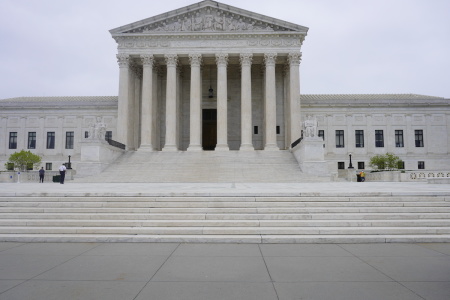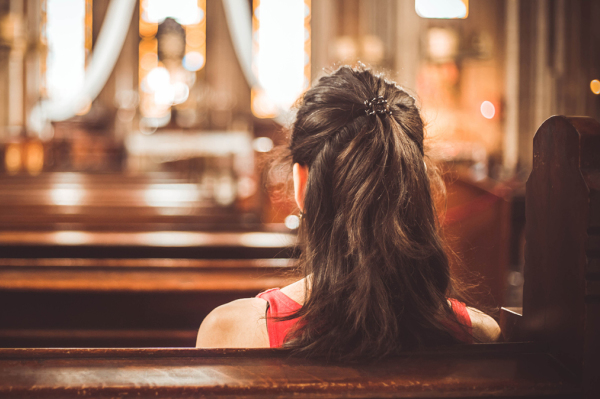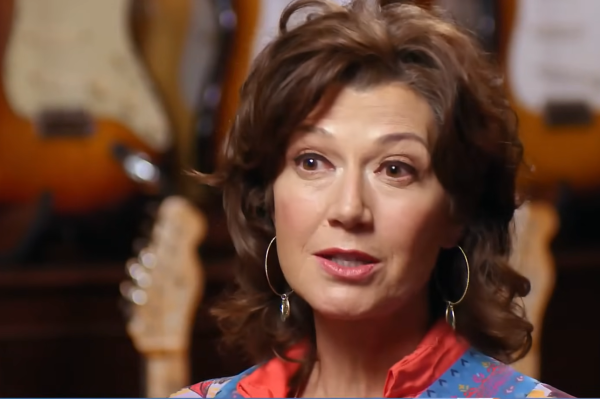Supreme Court rules in favor of group banned from flying Christian flag at Boston City Hall

The United States Supreme Court has ruled that city officials in Boston, Massachusetts, were wrong to prohibit a group from flying a Christian flag at city hall.
In an opinion released Monday morning in the case of Harold Shurtleff, et al. v. Boston, MA, et al., the high court unanimously ruled to reverse a lower court decision and remand the case back to the U.S. Court of Appeals for the First Circuit.
Justice Stephen Breyer delivered the court's opinion, in which he concluded that “the First Amendment prevents [the government] from discriminating against speakers based on their viewpoint.”
At issue, according to the court's opinion, was whether Boston’s flag policy represented government speech; if it did, then it had the right to reject the Christian flag.
“We conclude that, on balance, Boston did not make the raising and flying of private groups’ flags a form of government speech,” wrote Breyer.
“That means, in turn, that Boston’s refusal to let Shurtleff and Camp Constitution raise their flag based on its religious viewpoint ‘abridg[ed]’ their ‘freedom of speech.’”
Justice Brett Kavanaugh authored a concurring opinion, in which he wrote that “a government does not violate the Establishment Clause merely because it treats religious persons, organizations, and speech equally with secular persons, organizations, and speech in public programs, benefits, facilities, and the like.”
“Under the Constitution, a government may not treat religious persons, religious organizations, or religious speech as second-class,” he added in his brief concurrence.
In 2017, Harold Shurtleff of Camp Constitution asked to fly the Christian flag (which features a cross) outside of city hall on Constitution Day 2017, but his request was rejected by the city.
Shurtleff filed suit against the city in response, with him being represented by the Liberty Counsel, a prominent conservative law firm that has handled many religious liberty cases.
In February 2020, U.S. District Judge Denise Casper, an appointee of former President Barack Obama, ruled in favor of Boston, and a three-judge panel of the First Circuit unanimously upheld the lower court ruling in January 2021.
Judge Bruce Selya, an appointee of former President Ronald Reagan, wrote the panel opinion, arguing that the “three flags flying in close proximity communicates the symbolic unity of the three flags,” and therefore, it “strains credulity to believe that an observer would partition such a coordinated three-flag display.”
Shurtleff appealed to the U.S. Supreme Court, gaining the support of groups including the ACLU, which filed an amicus brief in his support.
“We have long expressed concern about government endorsement of religion, and have sued often to enforce the Establishment Clause,” stated ACLU National Legal Director David Cole last November. “But when the government opens a forum to private speakers generally, as Boston did here, it can’t turn away a speaker simply because it is religious.”





















